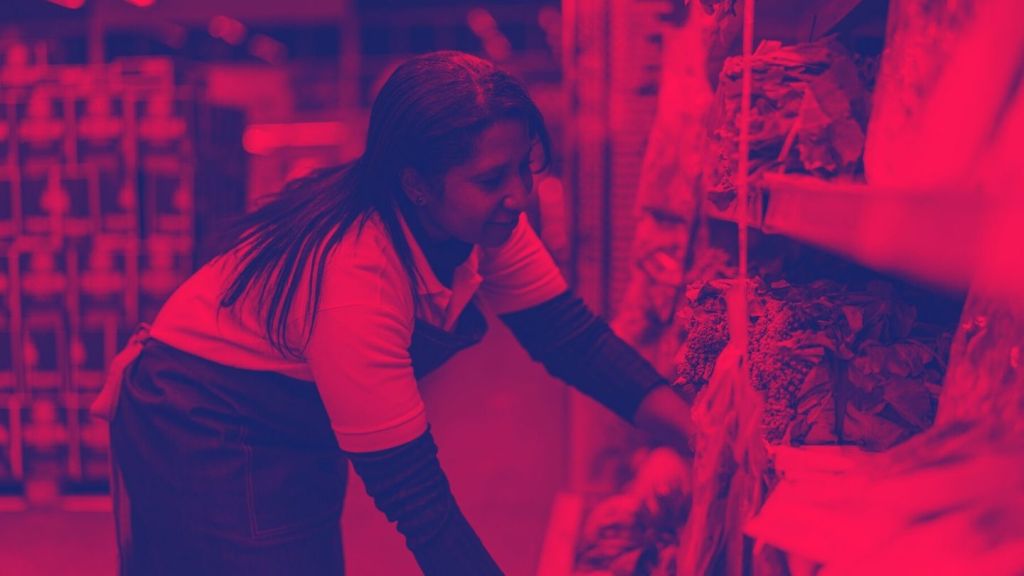You may have noticed that the people getting us through the coronavirus crisis aren’t billionaires, bosses, or traders: they’re average folks, suddenly recognized as essential workers, and their daily labor is what makes everyday life possible under normal circumstances and infinitely more so during a pandemic.
Covid-19 has turned everything upside down, but everything was so topsy-turvy to begin with that the simple fact that workers are the main drivers of society—long denied and obscured—has finally become irrefutably self-evident as the wealthy temporarily exile themselves from society while the people who really keep things running must continue to show up.
Videos by VICE
Many governments have ordered most businesses closed to slow the spread of Covid-19, but some “essential” businesses such as supermarkets, pharmacies, liquor stores, restaurants doing takeout or delivery, repair shops, and more, are staying open. While people who have the ability to stay home while maintaining an income self-isolate, essential workers continue to show up at these businesses in the face of danger. Rightfully, they’re being called heroes.
But what happens after the pandemic ends? Will people go back to conveniently “forgetting” to tip their delivery app driver, berating unsuspecting cashiers, and joking about overpaid or lazy civic workers? It doesn’t have to be this way. The sudden society-wide recognition of low-paid workers—individuals, heroes, not just numbers in a market for labor—as being indispensible, like so many other sudden shifts during the pandemic, can be a springboard for better things.
This crisis is revealing the simple, illuminating truth that was there all along: there’s no food on the store shelves we’re now so worried about seeing empty without the people who grow it, stock it, and cash you out. There is no public transportation without bus drivers. Without sanitation workers, garbage will pile up in the streets. The world simply doesn’t work without labor.
The idea of an “essential” worker has a pernicious side, no doubt, as companies quibble over what the term means and continue to exploit people while providing only the minimum protections. There is a sense that a pandemic under capitalism creates two types of people: those who can afford to self-isolate and those who must work while exposing themselves to a virus.
To avoid the idea of “essential” labor becoming a coercive trap, the category of the essential worker must be expanded to every worker, and be the basis for empowering mass action rather than a disempowering (and deadly) sense of duty to serve “the economy.”
We’re already seeing this play out in reality as workers such as those at Instacart and Whole Foods strike and walk off the job en masse to push for better conditions. General Electric workers have also protested to deploy their own labor power to make life-saving devices. Now imagine if they could make that decision themselves.
The ruling class has long derided average people as disposable, interchangeable, “low-skilled,” and so on. What we are seeing now is irrefutable evidence that the reality was always the exact opposite. It’s not capitalists who are essential, but workers, and essential people have leverage.
Update: This article was updated to clarify that GE workers consider their action a protest.
More
From VICE
-

(Photo via South_agency / Getty Images) -

(Photos via Middlesex District Attorney’s Office) -

Xavier Arnau/Getty Images -

Andriy Onufriyenko/Getty Images
